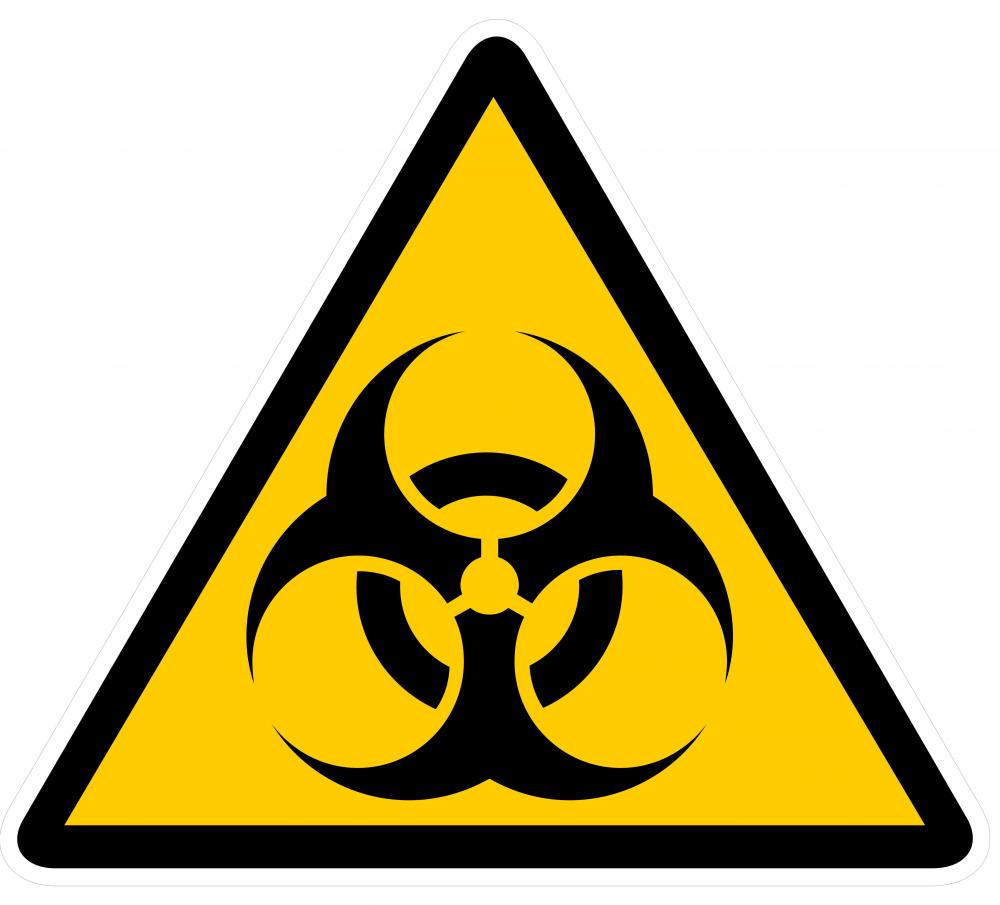TCA Poisoning
Tricyclic acids (TCAs) have been in heavy use for clinical depression since the 1950s. Despite newer antidepressants, TCAs have a role in major depressive disorder, chronic and neuropathic pain, attention deficit hyperactivity disorder, cyclical vomiting, nocturnal enuresis, and obsessive-compulsive disorders.
 Removal of poisons by extracorporeal means has been possible ever since Abel, Roundtree and Turner first attempted dialysis in 1913. Successful efforts at achieving these have been described since 1950s, initially with barbiturates and salicylates, and then progressively with a wide array of toxins, as expertise and knowledge expanded. Some modalities have become less popular (eg exchange transfusions, charcoal hemoperfusion) and others more so (continuous renal replacement therapy and hemodialysis).
Removal of poisons by extracorporeal means has been possible ever since Abel, Roundtree and Turner first attempted dialysis in 1913. Successful efforts at achieving these have been described since 1950s, initially with barbiturates and salicylates, and then progressively with a wide array of toxins, as expertise and knowledge expanded. Some modalities have become less popular (eg exchange transfusions, charcoal hemoperfusion) and others more so (continuous renal replacement therapy and hemodialysis). In this collaboration between UKidney and NephJC, we present a series of posts by the Nephrology Social Media Collective (NSMC) interns which summarize the EXTRIP guidance for common and important poisons.
In this collaboration between UKidney and NephJC, we present a series of posts by the Nephrology Social Media Collective (NSMC) interns which summarize the EXTRIP guidance for common and important poisons.